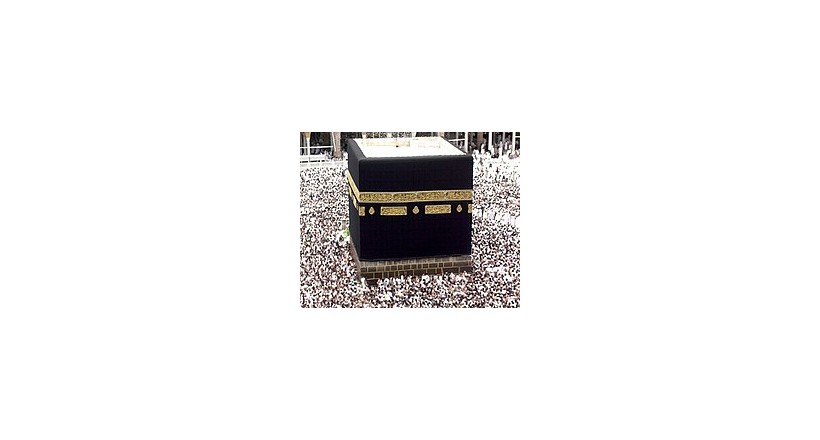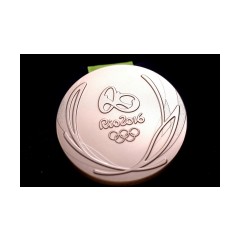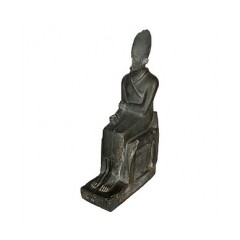The Kaaba (Arabic: al-kaʿbah IPA: [alˈkaʕba], "The Cube"), also referred as al-Kaʿbah al-Musharrafah (Arabic: , the Holy Ka'bah), is a building at the center of Islam's most important mosque, that is Al-Masjid Al-Ḥarām (Arabic: , The Sacred Mosque), in the Hejazi city of Mecca, Saudi Arabia. It is the most sacred site in Islam. It is considered by Muslims to be the Bayṫ Allāh (Arabic: , "House of God"), and has a similar role to the Tabernacle and Holy of Holies in Judaism. Its location determines the qiblah (Arabic: , direction of prayer). Wherever they are in the world, Muslims are expected to face the Kaaba when performing Ṣalâṫ (Arabic: , Islamic prayer).
One of the Five Pillars of Islam requires every Muslim who is able to do so to perform the Hajj (Arabic: , Greater Pilgrimage) at least once in their lifetime. Multiple parts of the hajj require pilgrims to make Tawaf (Arabic: , Circumambulation) seven times around the Kaaba in a counter-clockwise direction. Tawaf is also performed by pilgrims during the ‘Umrah (Arabic: , Lesser Pilgrimage). However, the most significant time is during the hajj, when millions of pilgrims gather to circle the building within a 5-day period. In 2017, the number of pilgrims coming from outside the Kingdom of Saudi Arabia to perform hajj was officially reported as 1,752,014 and 600,108 Saudi Arabian residents bringing the total number of pilgrims to 2,352,122.







